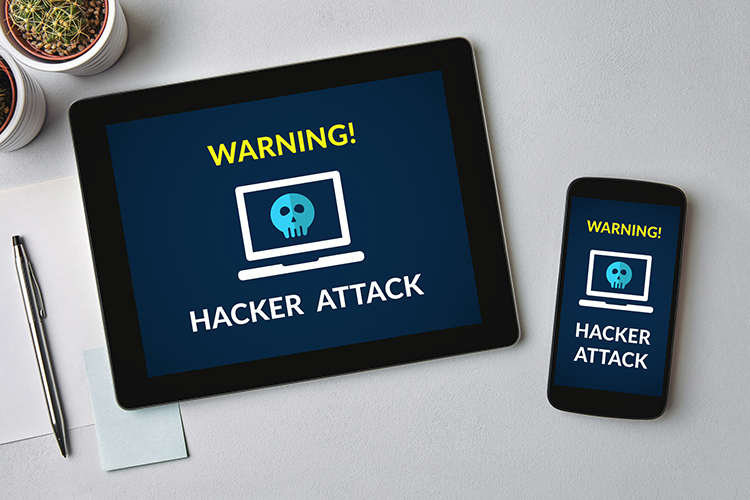
Cybersecurity isn’t a glamorous topic to write about or discuss. However, that doesn’t diminish its importance. Think of all the tasks on the farm that rely on some type of technology.
How often do you use your phone each day? Where are your important documents stored? How easy are they to access? Consider what would happen if a ransomware attack completely shut down your robots.
During the recent Kansas Dairy annual meeting, SureDefense’s Dan Strom emphasized how important basic cybersecurity principles are on farms.
“You all have valuable information,” he explained to the room of dairy farmers. “Further, there are always people wanting to disrupt production.”
Strom identified financial and production disruption as two of the leading motivations for agricultural cybersecurity breaches.
“Anytime you can disrupt production it can cause significant ripple economic effects across the country,” he detailed.
Cybersecurity attacks happen in a number of ways, but the three Strom warned against for agriculture companies are business email compromises, ransomware, and phishing.
Perhaps the least discussed of the three — business email compromise — is one that can easily impact dairy businesses. This type of scam involves someone receiving an invoice that mimics one that might be from a legitimate vendor. Instead, it routes the receiver to pay someone who is not a company vendor. This can impact operations of any size.
Take action to protect yourself
Strom proposed three key cybersecurity protocols to establish or refresh on the farm. First, have strong and unique passwords. Make it difficult for people to steal your information. Strom recommended utilizing some type of password manager.
“The first thing you can do is make sure your passwords are long passwords,” he said. “I would encourage you to install a password manager. It’s a piece of software that can run on your computer, phone, or other devices that will create random, long passwords for your websites.”
His second recommendation was to run all updates. “I realize there is some production equipment on your operations that you do not want to just randomly do updates to,” he commented. That being said, he suggested regularly scheduling updates to keep security protocol up-to-date and working well.
Finally, Strom encouraged backing up all important information. Follow the 3-2-1 protocol. Have three copies, in two forms, with one copy offsite or in the cloud.







